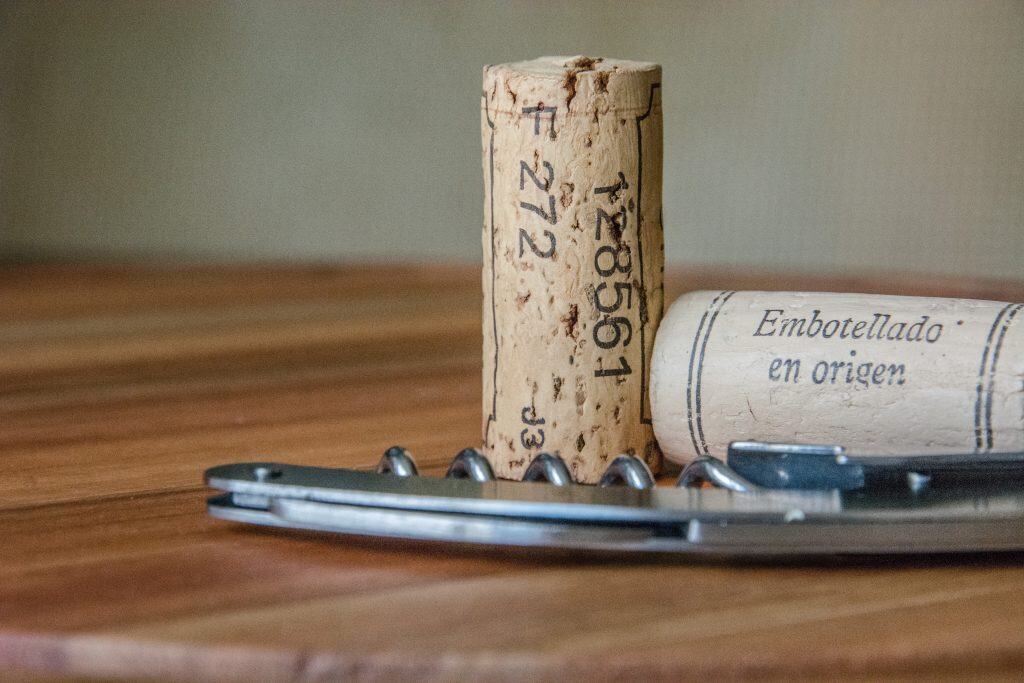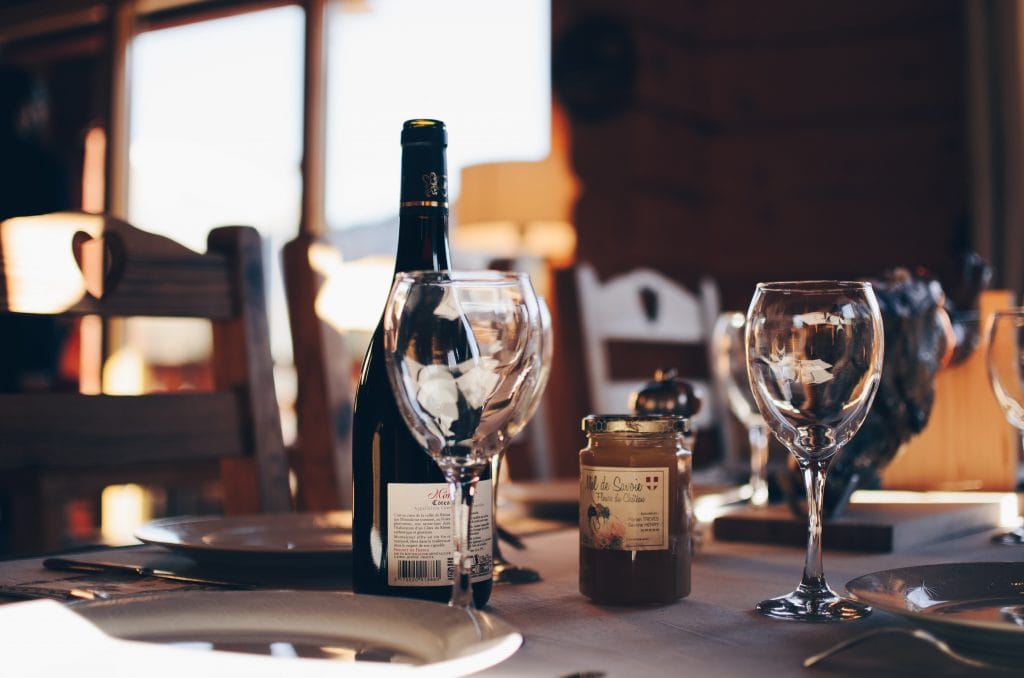I didn’t think I needed to write this article. Esther Mobley of the San Francisco Chronicle wrote a spot-on piece the other day, entitled “Restaurant wining and dining is back in the Bay Area. But please don’t BYOB,” and in wholehearted agreement, I retweeted it and included it in my weekly list of things to read about wine. That should have been the end of the story.
But I keep seeing people disagreeing with her sentiments online, and so I am compelled to pile on to her argument, but perhaps put things a little more forcefully than either she is inclined to do, or a little more frankly than the San Francisco Chronicle would be willing to accept under their masthead.
If you bring a bottle of your own wine to a restaurant right now, you are a complete jerk.
Yes, I mean that with all my heart. I was even tempted to use stronger language than “jerk,” but I’m trying to keep this somewhat civil.
I would hope that most restaurants would simply abolish their corkage policies for the moment, as The Morris here in San Francisco has so intelligently done. But if for some reason the restaurant has not, you are still being unbelievably insensitive and selfish if you bring a bottle of your own wine to a restaurant between now and June 15th (or whenever your local municipality fully reopens for business without COVID-19 restrictions).
Frankly, none of us should be bringing bottles of wine to restaurants for many months to come, if we truly want the restaurants we patronize to survive and thrive.
I love corkage, but now is not the time
I am one of the strongest advocates for corkage policies you will ever meet. Remember, I’m the guy who got into a public spat with Delfina owner Craig Stoll 15 years ago about the idiocy of having a corkage policy at Delfina but saying he could not afford to have one at Pizzeria Delfina right next door.
Corkage exists because the vast majority of the profit margins at a restaurant come from their beverage program. A well-run kitchen can generate profit margins of 2% to 7% on food costs and labor. A typical beverage program can generate 20% to 40% margins.
Consequently, bringing a bottle of your own wine to a restaurant robs the restaurant of a huge portion of the profit they would make on your meal had you purchased wine from them, and so corkage fees help them recover some or all of that profit.

Corkage, of course, is also an attractant. An incentive, if you will, for wine-loving people to come to your restaurant. And most restaurateurs want wine lovers as patrons because studies show that even when they bring their own wines, they tend to spend more than your average diner.
But all of that describes the restaurant industry under normal circumstances. We are about as far from normal circumstances as you can get.
One in four of the people unemployed due to the pandemic works in restaurants. More than 125,000 independent restaurants around the country have been forced to close permanently because their owners couldn’t afford to keep them open and tens or maybe hundreds of thousands more are teetering on the brink of insolvency.
The Independent Restaurant Coalition estimates that repairing the damage done to the industry would take $120 billion. Only with the passage of the recent stimulus have roughly $36 billion been allocated to support restaurants. Where and whether the other $80 billion will come from is anyone’s guess. Some people estimate that by the end of this year as many as 40% of America’s restaurants will be wiped out.
If we love restaurants and the experiences they provide, we should be doing everything we possibly can to support them at this time, as I wrote recently.
We should be trying to help the people who own restaurants and the people who work in restaurants maximize their margins. We should be tipping like billionaires, and we should be ordering alcoholic beverages from off their lists and not bringing our own.
It’s about economics, but it’s also about respect
Many restaurants have been stuck with an inventory of wines that they paid for long ago, but couldn’t sell much of for the past year. In some cases, in order to support the wine industry, maintain relationships, and retain coveted allocations, they have had to keep buying wine during the pandemic even though they had little or no way of selling it.
All that wine represents an incredible drag on the bottom line of a restaurant’s business. And while some of the wine will gain in value and attractiveness, a significant portion of it will not. Think about the 4 cases of $25 2019 Napa Sauvignon Blanc that the restaurant sells for $50 on its wine list that has just been sitting there this past year. Right about now, the 2020 vintage of the same wine has likely just been released, making that other four cases of wine quite unattractive in comparison. Just ask any restaurateur how easy it is to sell past vintages of wines that consumers expect to buy in current vintages and you’re liable to hear an answer that contains more than one expletive.
Buying wine off the list from restaurants we visit is incredibly helpful to them economically, but it is also a show of moral support. It’s a tacit acknowledgement that we as diners are trying to help them succeed.
Just as bringing your own wine sends the complete opposite message.
Bringing a bottle of wine to a restaurant right now says quite clearly, “Drinking what I want to drink from my own stash is more important to me than your survival as a business.”
I don’t care if the restaurant has a corkage fee and you are more than willing to pay it. I don’t care if you’re willing to double the corkage fee voluntarily. Bringing your own wine to a restaurant now is just plain insensitive and rude irrespective of the actual economics of your specific dining situation or the generosity of your tip.
This is about sending a message. This is about respect.
The hospitality industry has literally bent over backwards trying to survive, while at the same time continuing to deliver us a modicum of the service and comfort we have come to expect from them, all under a positively unimaginable set of constraints and challenges.
We wine lovers need to suck it up and use our presence and our pocketbooks to send a message to the restaurant industry: we want you to survive and thrive again.
Because if we don’t, they might not.
Fuck corkage for a while, people. Let’s give the restaurant industry all the help they can get, and be happy to do it. It’s quite literally the least we can do.
